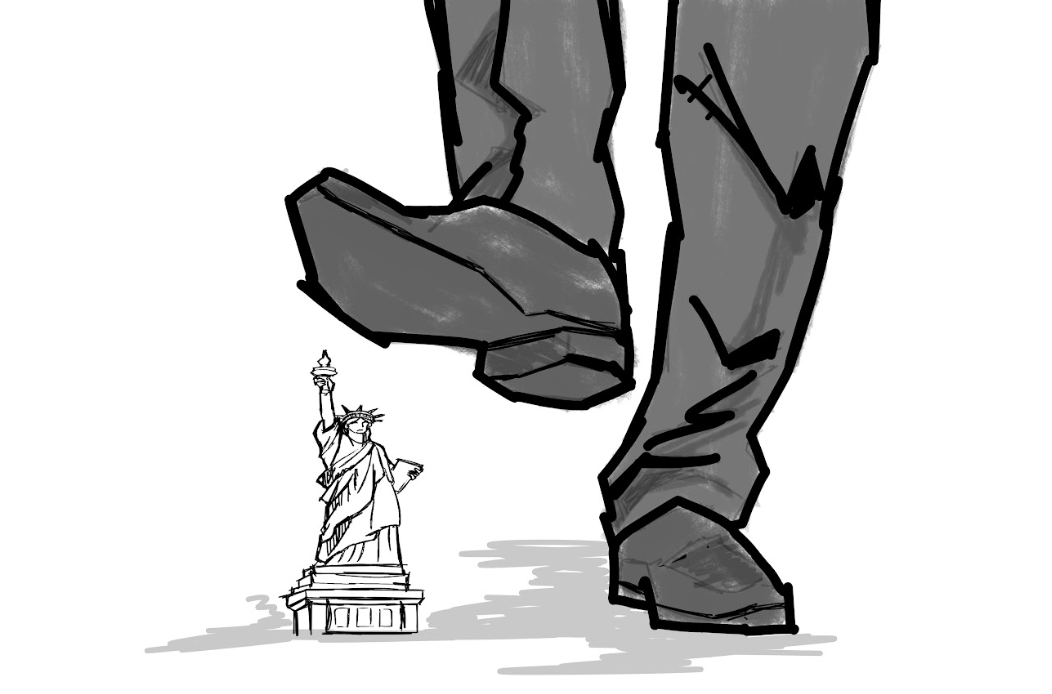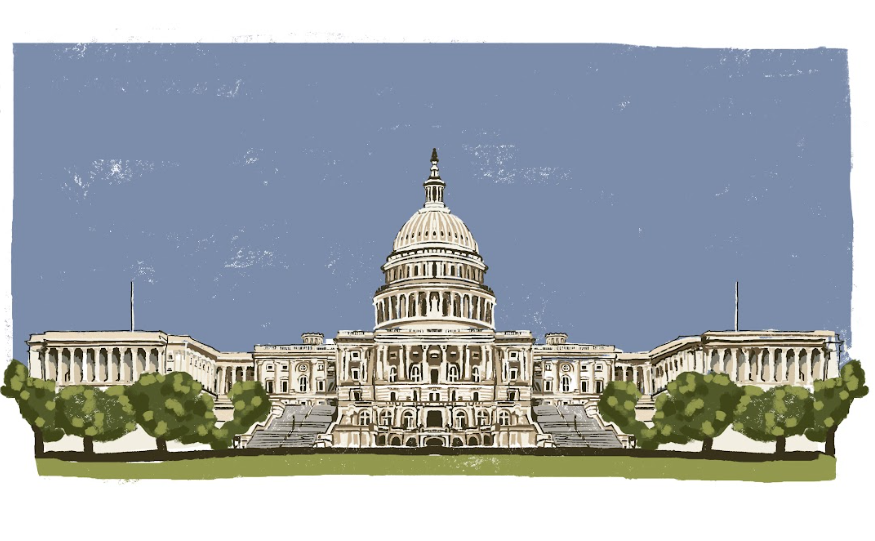Citing “behavioral concerns,” a UTSA department chair requested a meeting with then UTSA graduate student Alfred MacDonald. MacDonald recorded his private conversation with Dr. Eve Browning, chair of the philosophy and classics department, and later distributed it to the public. A friend of his, with legal experience, advised him to do so because the right was afforded to him and because Browning said the topic couldn’t be further discussed through email.
The meeting with Browning centered on a conversation MacDonald had with a fellow student outside the classroom. In the conversation MacDonald stated that in ten Muslim countries gay citizens can be executed.
Recently the Paisano interviewed MacDonald, and other stakeholders, but only after full deliberation regarding the ethics of reporting on a story that relies on a recording obtained through surreptitious methods. It is a crime in Texas to intercept or record any “wire, oral or electronic communication” unless one party to the conversation consents (Texas Penal Code 16.02). MacDonald was the one party who consented to the recording. Therefore, he did not violate the law.
Journalistic integrity and reporting ethics are of the utmost concern to the Paisano. In a recent training seminar, the Paisano’s attorney advised our staff to avoid recordings that lack consent from all parties. Our organization understands the importance of accurate and fair reporting. The principles outlined by the Society of Professional Journalists, as well as by the Associated Press, are embedded in our own guidelines. The Paisano staff embraces the responsibility attached to the free press. At times, grey areas surface, and we must make tough judgement calls.
As a general principle, anything the university president says is on the record. This responsibility is placed on Dr. Taylor Eighmy because he heads the university administration. Does this same principle apply to professors? We don’t think so. In personal exchanges between instructor and student, confidentiality isn’t as binding as an exchange between doctor and patient, but there ought be a mutual respect between the two during private exchanges. A threat of personal confidentiality being undermined would compromise candid conversation, ultimately disparaging any potential mentorship. In our view, the code of confidentiality is reasonably lifted when these private conversations concern disciplinary action.
When the threat of disciplinary action is present, it is fair to scrutinize where the threat draws its strength. MacDonald’s motivation to record the meeting was fair. Unfortunately, his controversial claims and Browning’s response played into the hands of particular conservatives’ latest anti-university narrative.
Publications such as the Jihad Watch and the Blaze picked up this story first and tarnished UTSA’s reputation with sensationalism.
“What Alfred McDonald said was true, but what does the truth matter? It has long been established that in the hierarchy of politically correct causes, Islam trumps gay rights,” Robert Spencer, director of Jihad Watch, wrote in a feeble attempt to promulgate an idea that universities indoctrinate students into his hacked interpretation of liberalism.
The buzz about the MacDonald story was the final call for careful coverage of the incident. Quality journalism covers an issue, rather than stoking a base. Quality journalism examines all stakeholders, not a potential consequence that aids one’s argument. We found it our responsibility to piece apart a story that grew into a conspiracy.
There is much to learn from this event, and it’s not that universities are brainwashing students. The instructor-student relationship has many undefined issues; one is how to deal with the conflict of differing ideas inside and outside of the classroom and another is how to respond to complaints correctly. Reporting on these issues ethically is how journalists serve the community.















